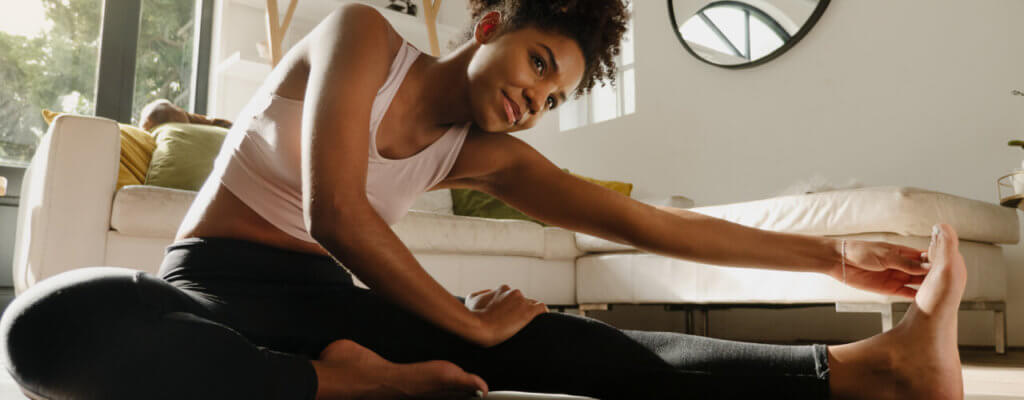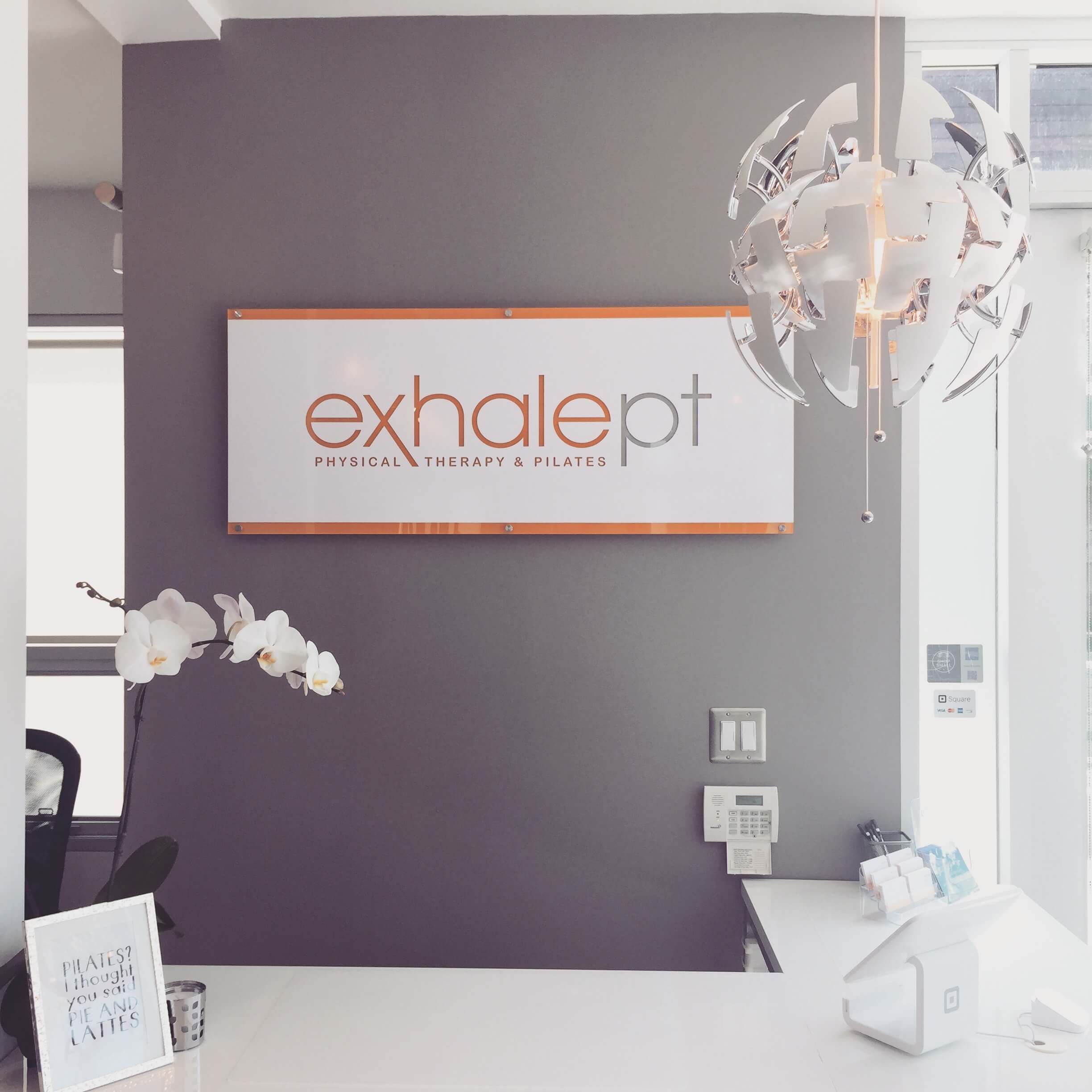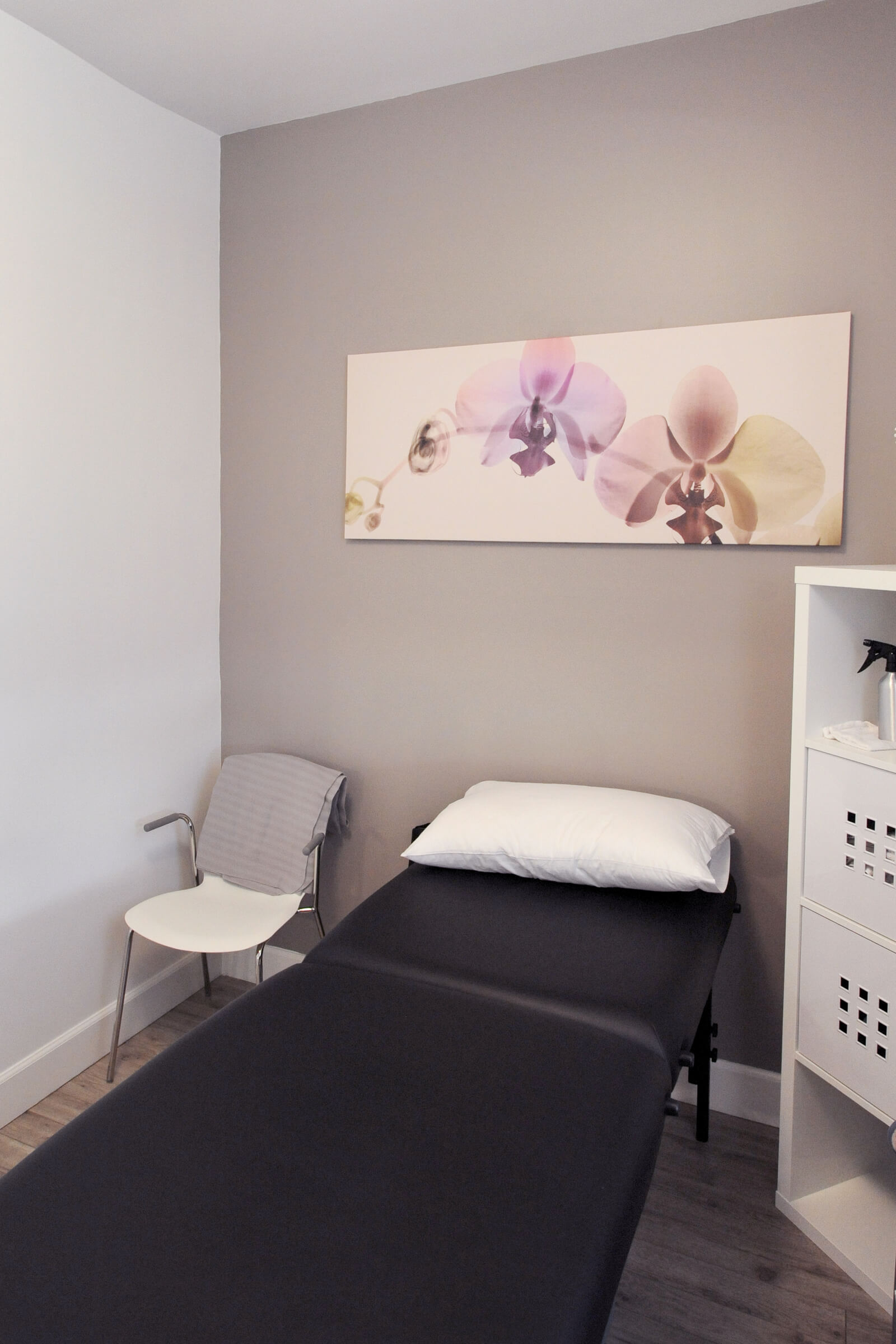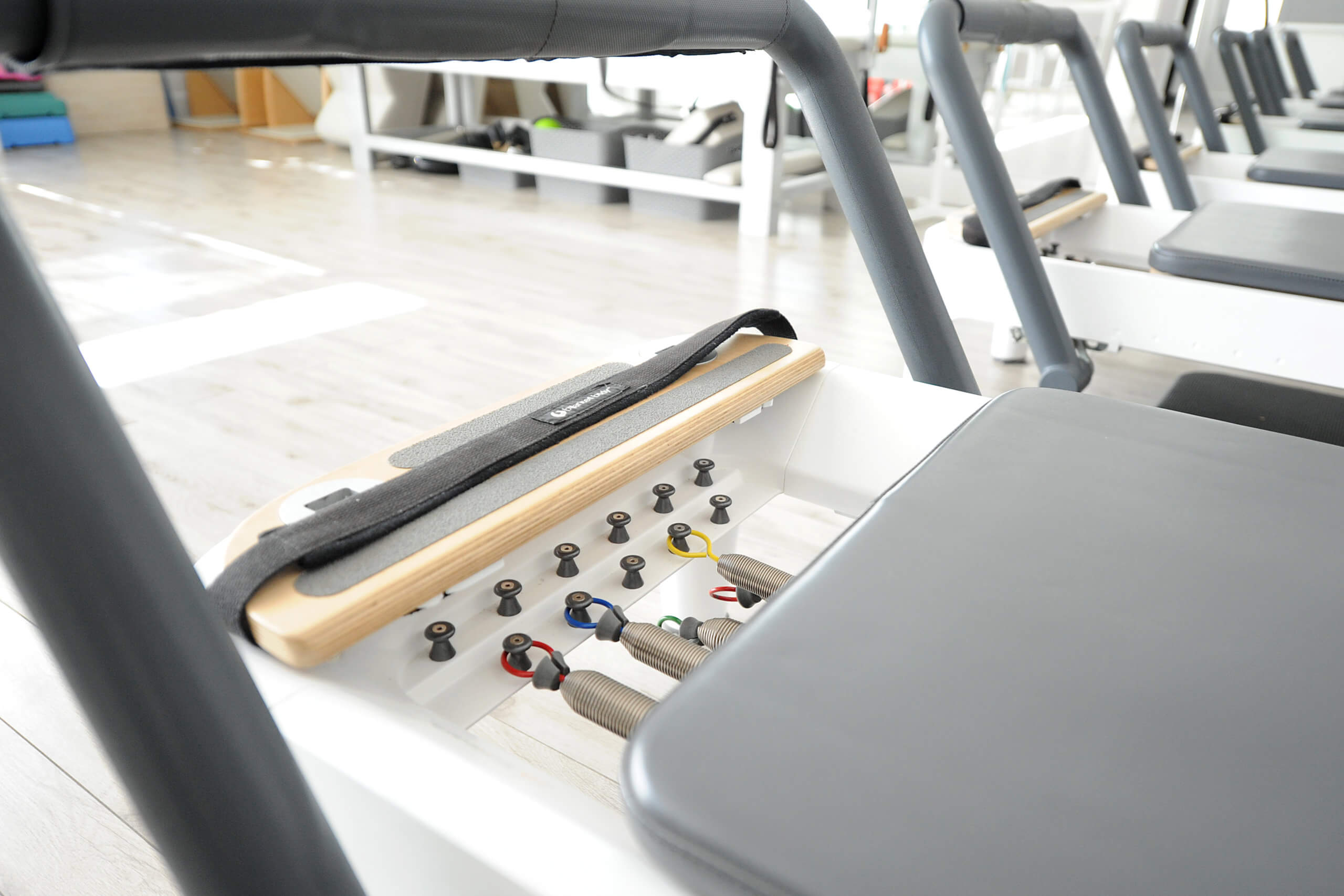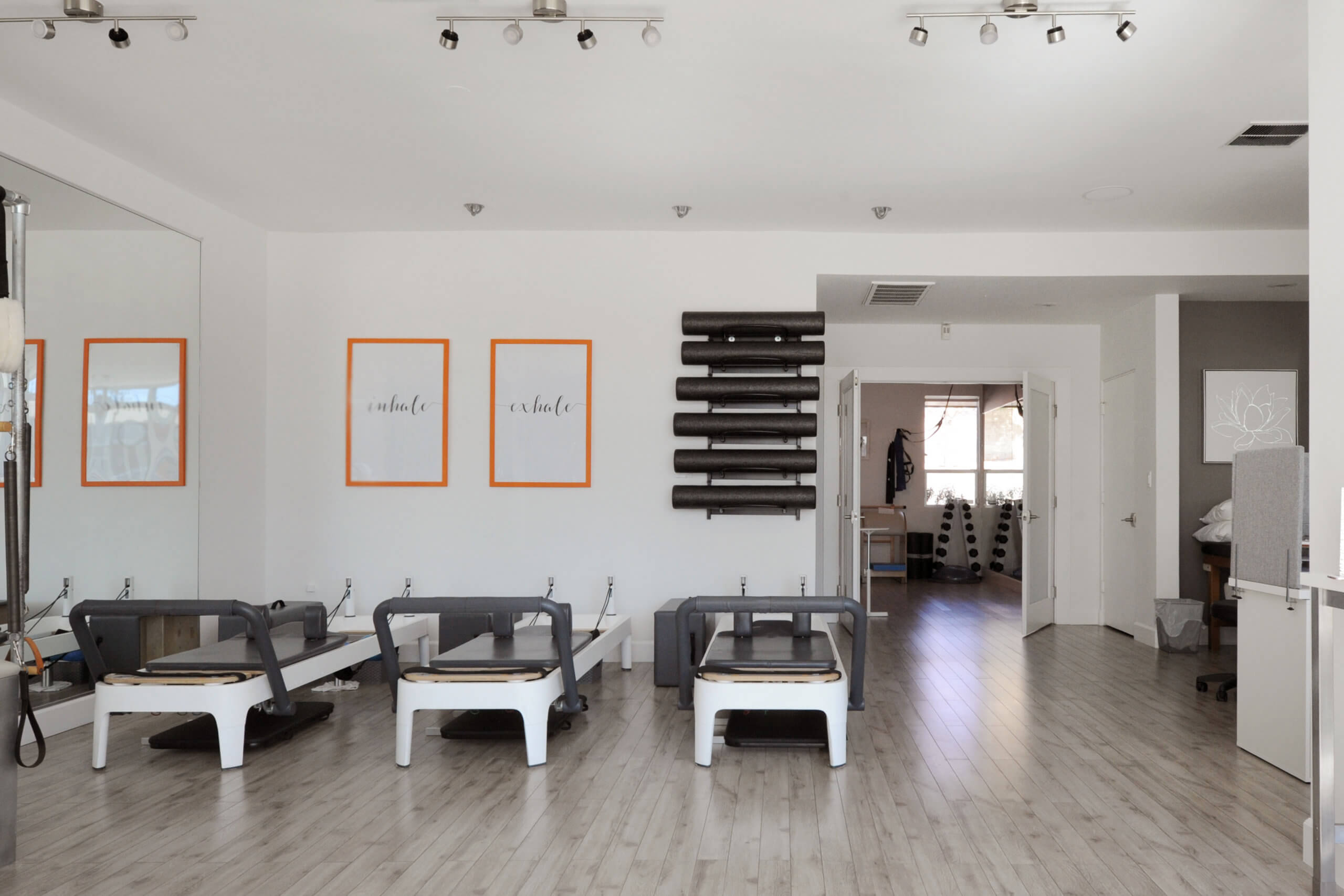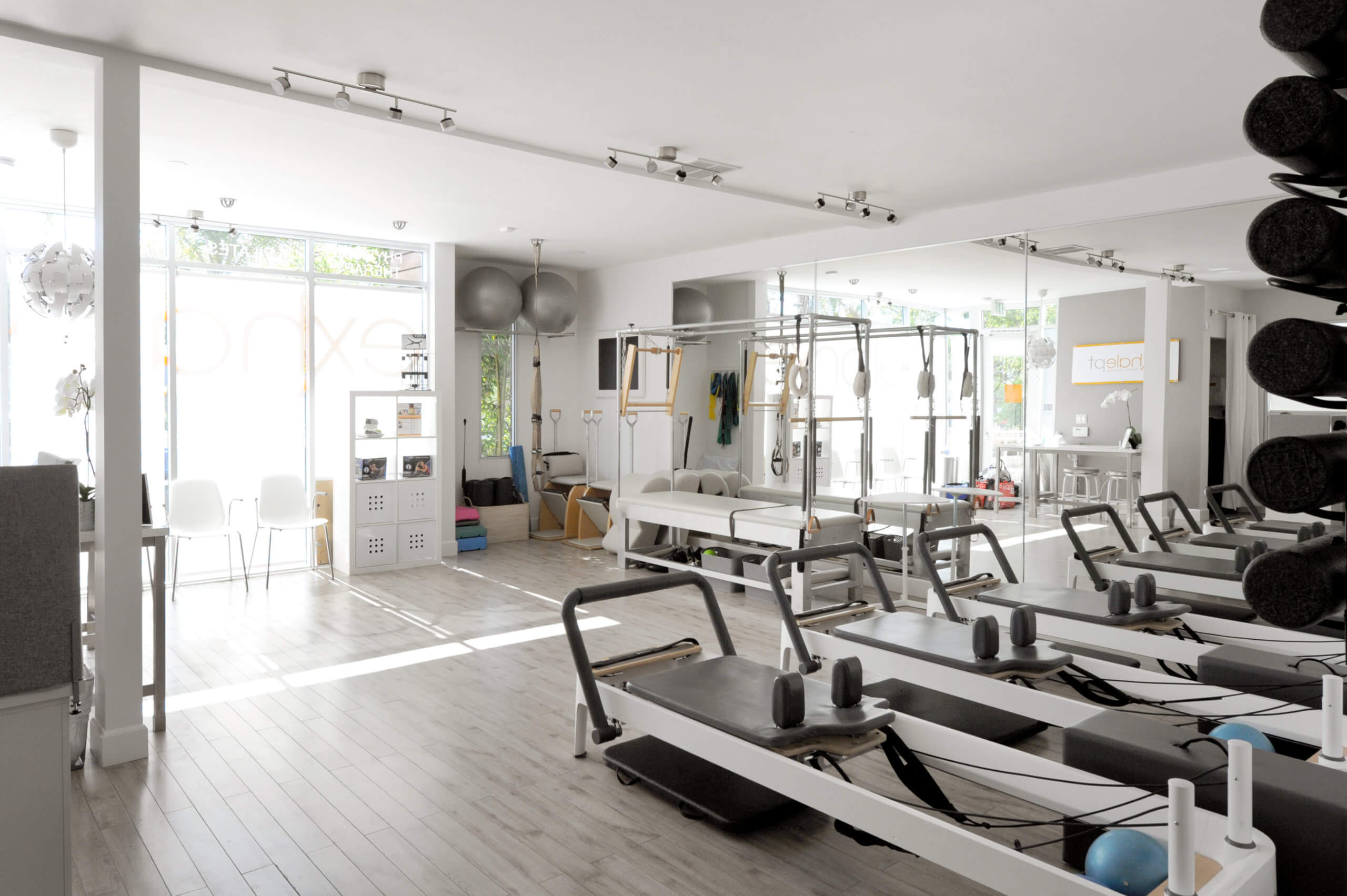Discover the Many Health Benefits of Stretching Today!
Have you ever noticed just how good a nice stretch feels after a nap, when you first wake up in the morning, or after vigorous physical activity?
That good feeling just scratches the surface of the many healthy benefits you can get from regular stretching.
That’s why our physical therapist commonly recommends specific types of stretching exercises to complement other physical therapy modalities.
Here are five ways you can improve your health, comfort, and function simply by stretching:
1. Improved flexibility
Are you frustrated because you don’t seem to have the same range of motion that you once did?
A variety of musculoskeletal challenges can reduce your flexibility, creating stiffness and making certain motions uncomfortable or even impossible. Stretching can gently coax the stiffness out of tight tissues.
Depending on the cause and location of your stiffness, our physical therapist may prescribe exercises such as hamstring thigh hip, chest, shoulder, upper back, or bicep/tricep stretches to loosen you up and improve your mobility.
2. Injury prevention
Athletic events, physical training, or demanding labor can leave you with a painful strain or sprain, especially if those tissues were “cold” when they were subjected to their burdens.
Gentle, careful stretching before a challenging activity can reduce your risk of acute injury.
Stretching immediately after your activity will also remove any muscle tension that may have accumulated during your strenuous activity.
3. Enhanced blood flow
Stretching doesn’t just relax your muscles; it also helps them receive the nourishment they need.
That’s because when your muscles are tight and stiff, blood doesn’t flow through them as easily – and blood contains the oxygen and other nutrients necessary for optimal tissue health and performance.
Stretching to ease that muscle tension gives your circulation a welcome boost. The same effect also helps your tissues rid themselves of unwanted, pain-causing substances such as lactic acid.
4. Chronic pain relief
Speaking of pain relief, you may be surprised and delighted to discover how just well stretching can work as a chronic pain management tool.
For instance, certain stretching exercises can undo the painful muscle knots associated with tension headaches or chronic pain syndromes such as fibromyalgia.
Stretching is also recommended to help control arthritis pain and stiffness. Our physical therapist can determine which kinds of stretches will best suit your needs.
5. Stress relief
Emotional stress can often turn into physical stress in the form of muscle tension, sleep problems, and suppressed immune function.
In other words, it can make you sick! Stretching exercises can help to release the accumulated tension in your body while also calming your mind.
Stretches that include mindfulness work (such as yoga) can prove especially helpful for easing the stress that might otherwise impair your health.
Everything you should know about types of stretches
Stretching involves stretching connective tissue, a muscle or a tendon. The goal of stretching is to improve range of motion, flexibility and muscle elasticity.
The five most common stretching exercises are:
- Dynamic
- Ballistic
- Proprioceptive Neuromuscular Facilitation (PNF)
- Static
- Low Load
Ballistic stretch physical therapy is a rapid bouncing motion to stretch a muscle. Dynamic stretching by a physical therapist entails stretching with motion at different speeds and distances.
These movements are performed in a controlled and slow manner. Examples include torso swings, arms swings and leg swings. Static stretch physical therapy involved stretching the muscle and holding it for a few seconds.
PNF entails holding and controlling techniques to activate specific receptors in muscles. This technique improves muscle length and decreases muscle tension. The low load stretching technique is gradual application of tension to enhance connective tissue remodeling.
A physical therapist will determine the best stretching exercises for your affected area and implement them into your treatment plan. They will also give you home exercises.
How does stretching and physical therapy go hand-in-hand?
Since stretching exercises offer so many significant benefits, it’s not hard to see why we use them all the time in physical therapy.
Our physical therapist can combine targeted stretches with strength-building exercises, massage therapy, ultrasound therapy, heat or cold therapy, and many other techniques to help you feel better and stay healthier.
We can also make sure that you’re performing the right stretches and show you how to perform them safely.
Ready to gain the benefits of stretching?
Are you ready to stretch your way to a happier, healthier way of life?
Contact Exhale Physical Therapy today to learn more and schedule an appointment.
We’re not stretching the truth when we say that we can help!
Sources:
- https://www.thehealthy.com/mental-health/stress/stretching-exercises-for-stress-relief/
- https://www.arthritis.org/living-with-arthritis/exercise/how-to/stretching-benefits.php
- https://www.webmd.com/fibromyalgia/ss/slideshow-fibromyalgia-friendly-exercises
- https://www.verywellfit.com/does-stretching-matter-3119195
- https://www.painscience.com/articles/stiffness-and-rom.php
- http://guidetoptpractice.apta.org/content/1/SEC40.extract
- https://www.coachup.com/nation/articles/the-10-best-stretches-for-total-body-flexibility
- https://www.healthline.com/health/benefits-of-stretching#benefits
- https://eastsidesportsrehab.com/5-ways-stretching-can-improve-your-overall-health-2/
Tags: Natural Treatment, Natural Pain Relief, Physical Activity, Stretching, Exhale Physical therapy, physical health, Aches and Pains


